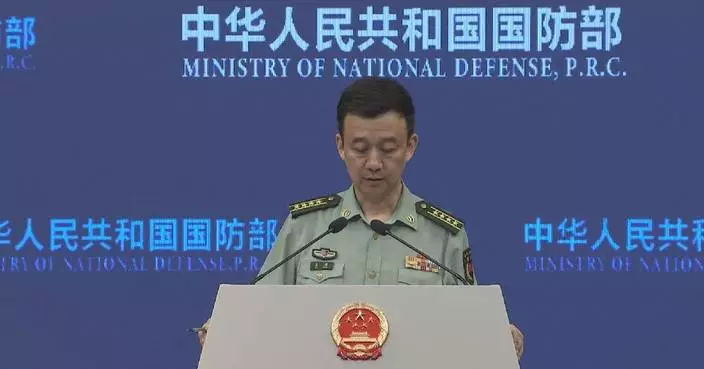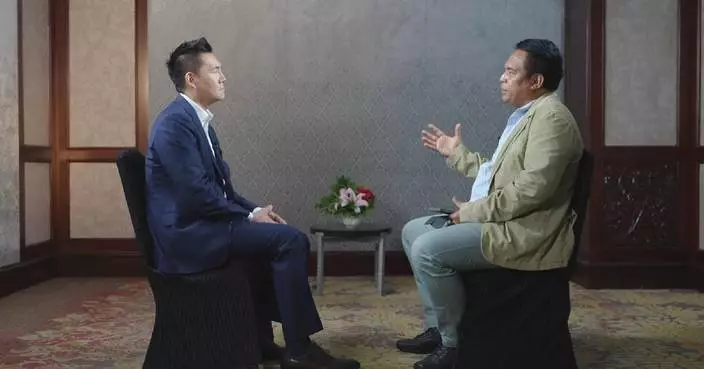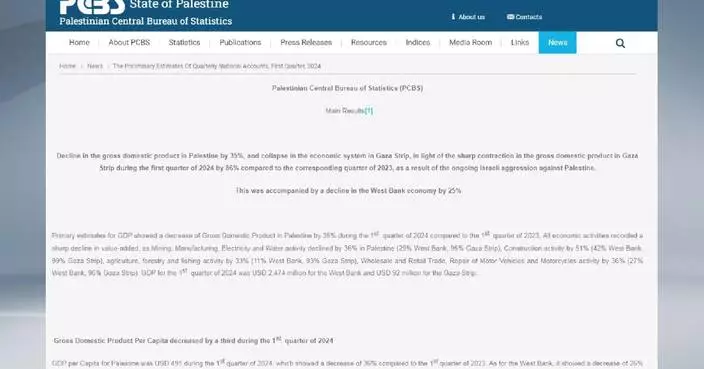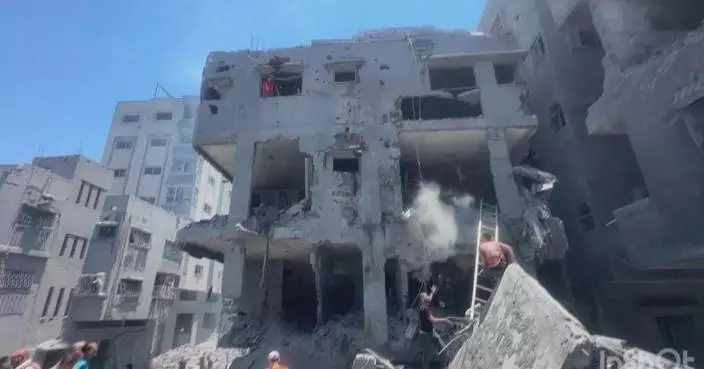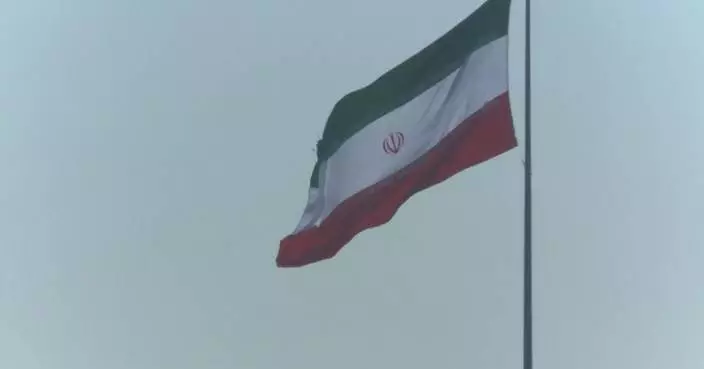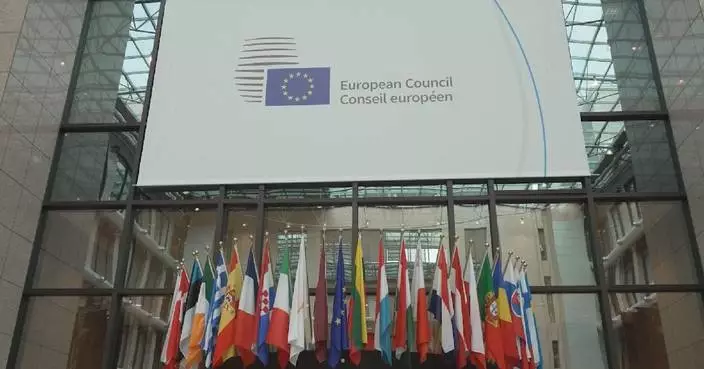Chinese President Xi Jinping visited a multi-ethnic residential community northwest China's Ningxia Hui Autonomous Region on Wednesday during his inspection tour in the region, learning about the role of grass-roots Communist Party organizations in improving community services and promoting exchanges and integration among various ethnic groups.
Xi, also general secretary of the Communist Party of China Central Committee and chairman of the Central Military Commission, was on an inspection tour in Ningxia on Tuesday.
Located in Jinfeng District in the regional capital city of Yinchuan, the Great Wall Garden Residential Community is a role model in leading community governance and promoting ethnic interaction, exchange and integration based on Communist Party building. Established in 2003, the residential community covers an area of 1.5 square kilometers, and has 19 neighborhoods, home to 8,632 multi-ethnic households in total.
In particular, residents from the Hui, Manchu, Mongolian, Tibetan and other ethnic minority groups account for 38 percent of the entire population in the community.
Over recent years, the community has taken the lead in establishing a three-tier organizational structure of "community Party committees, neighborhood Party branches, and apartment building-based Party groups", which lead community governance based on Party building.
Nearly 800 Communist Party members in the community are working to improve services for the residents, with campaigns launched to serve the residents on a monthly bases, including introducing a variety projects to enhance people's well-being, and solving practical difficulties for the residents.
"One-stop" convenience service centers and supermarkets have been established under these efforts.
The community is reputed for working actively to promote ethnic solidarity and progress, for which it has earned the titles of a national model for harmonious community development and a model community for ethnic unity and progress.
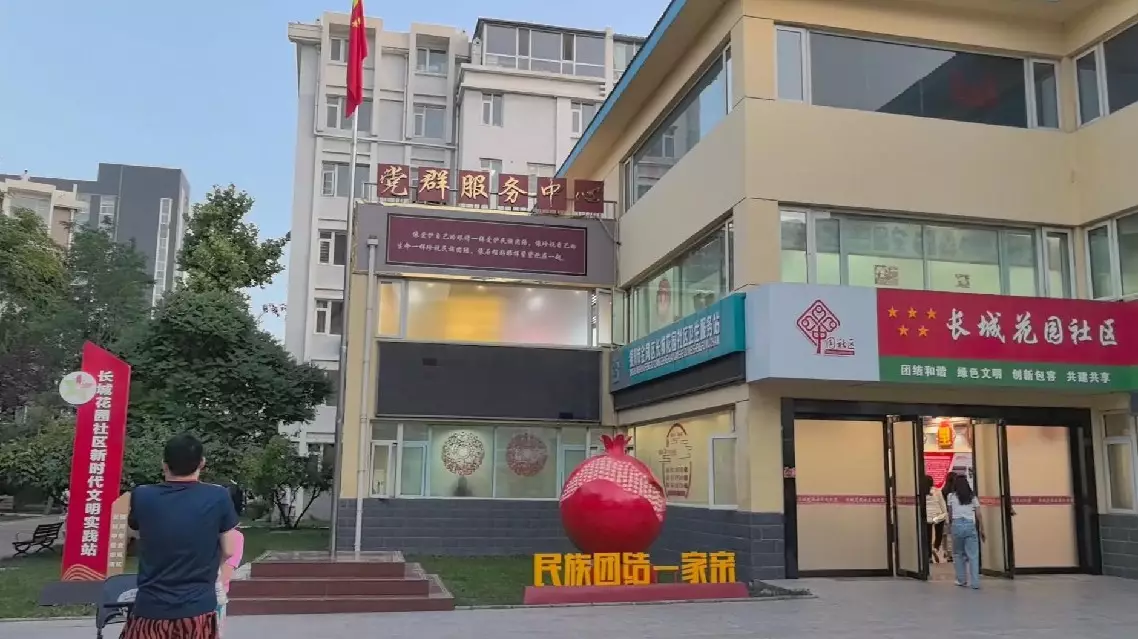
Xi visits residential community during inspection in northwest China's Ningxia
The United Nations has warned that Sudan is facing the worst levels of acute food insecurity ever recorded by the Integrated Food Security Phase Classification (IPC).
The UN warning was issued in a report released on Thursday on its official website.
"Fourteen months into the conflict, Sudan is facing the worst levels of acute food insecurity ever recorded by IPC in the country. Over half the population (25.6 million people) face crisis or worse conditions(IPC Phase 3 or above)," said Rein Paulsen, Director of the Office of Emergencies and Resilience, Food and Agriculture Organization (FAO).
This includes 755,000 people facing "catastrophe" food insecurity (IPC Phase 5) in 10 states including Greater Darfur (all five states), South and North Kordofan, Blue Nile, Al Jazirah, and Khartoum. Another 8.5 million people, 18 percent of the population, are in "emergency" (IPC Phase 4).
"And there is a risk of famine in 14 areas, localities and clusters affecting both residents, internally displaced people, and refugees. And those 14 locations are found in greater than for Greater Kordofan, Al Jazeera states, and some hotspots in Khartoum," said Paulsen.
He noted that if the conflict escalates further, it will further disrupt "mobility, humanitarian assistance, access to markets and livelihood activities."
Sudan has been embroiled in a deadly conflict between the Sudanese Armed Forces and the paramilitary Rapid Support Forces since mid-April 2023, which has claimed more than 16,650 lives, according to the Sudan situation report updated by the UN Office for the Coordination of Humanitarian Affairs on June 24.
This latest IPC analysis marks a stark and rapid deterioration of the food security situation compared to the previous IPC update published in December 2023. Six months later, the number of people facing high levels of acute food insecurity has increased by 45 percent, including a 74-percent increase in IPC Phase 4, while the population in IPC Phase 5 (catastrophe) has surged from zero to 755,000 in the period from June to September 2024. Compared to the same time last year, the number of people classified in IPC Phase 3 or above has increased by over 50 percent.
The conflict has not only triggered mass displacement and disruption of supply routes, market systems and agricultural production, it has also severely limited access to essential humanitarian assistance, exacerbating an already dire situation.
The impact of conflict extends beyond food insecurity. Reports from various states highlight highly dysfunctional health services, water contamination and poor sanitation and hygiene conditions. Increased morbidity to water-borne diseases is expected to further reduce the absorption capacity of the little food available for children and adults.
Consequently, cases of acute malnutrition, which have already reached extremely high levels in some areas will likely increase. Moreover, the fast-approaching rainy season and expected floods will likely affect the agricultural season through the spread of pests and plant diseases, according to the report.
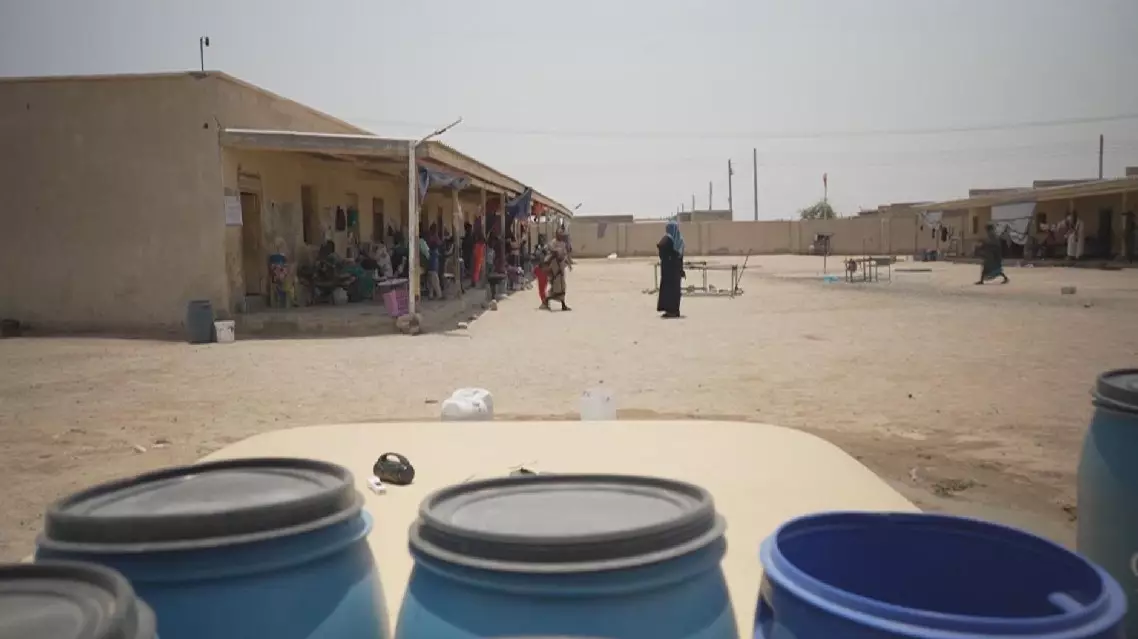
UN warns worst food crisis in Sudan




